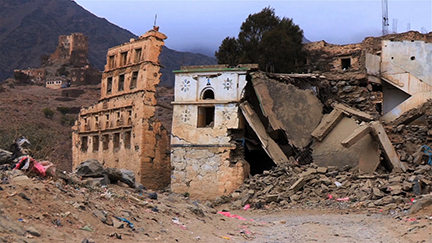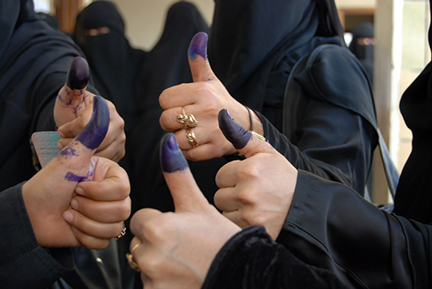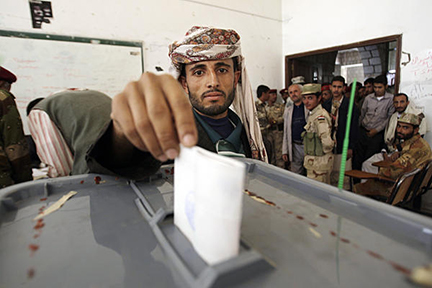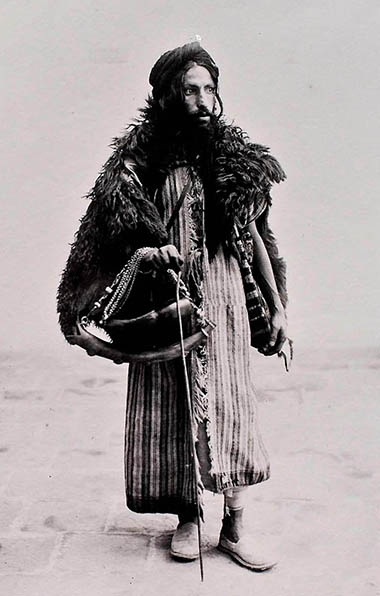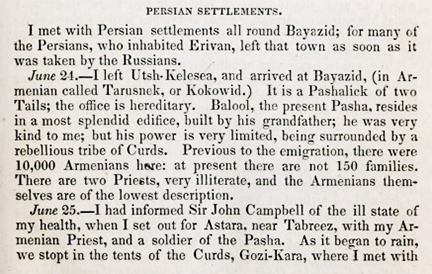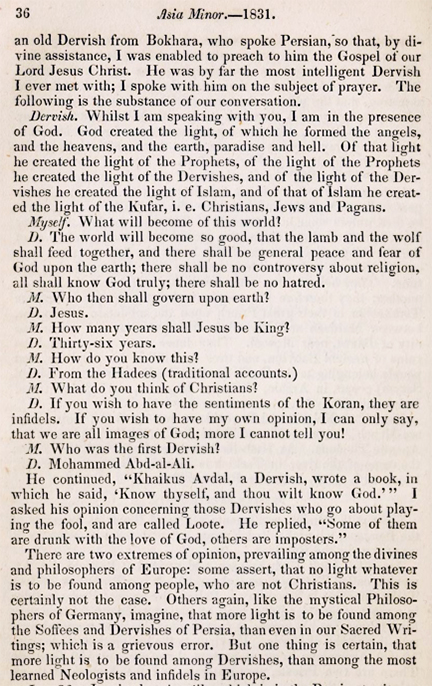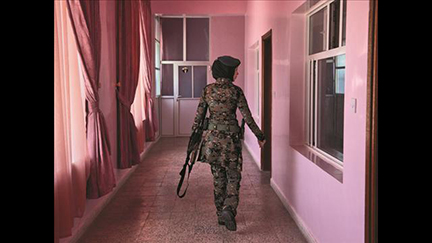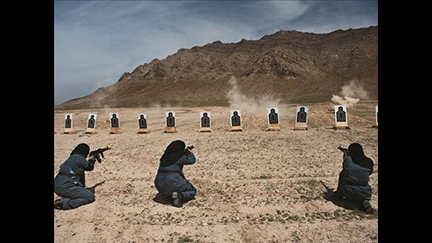
Most of the debate over a Muslim woman who wears the burqa, niqab or hijab centers on how this restricts her freedom of choice. Those who are against the burqa argue that it is a preeminent icon of patriarchy and that societal pressure, valorized with religious rhetoric, does not give a Muslim woman a true sense of choice. The issue is hottest in Western contexts, where a woman wearing a burqa or niqab stands out almost as much as if she was walking around naked. On the other side, there are Muslim women who insist they are exercising free choice and choosing to dress in the conservative manner they want. Regardless of where you stand on the issue, the burqa is inevitably seen as an item that limits a woman’s movement or protects her, not one of empowerment.
So here comes Burqa Avenger to the rescue. This is a video cartoon series in which the star is a female Superwoman/Spiderwoman/Batwoman takeoff, a contemporary way of commanding the right and forbidding the wrong. The series itself is state-of-the-art in its cinematic presentation. You can even get a free app for a Burqa Avenger game on your iphone. As in all cartoons, the characters tend to be stereotypes. Of course, this makes the good stand out from the evil in a stark way that is seldom the case in real life. But the inspiration for the series is to provide young Muslim girls with a positive role model. Continue reading Burqa Avenger
